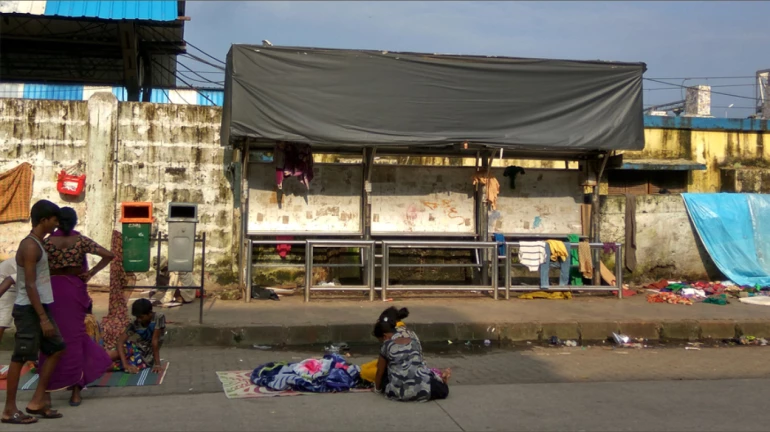
A transformative outreach initiative has been approved by the state government to aid in the rehabilitation of street children who are either orphaned, destitute, or living under extreme socio-economic stress. The project has been designed to ensure that such children are identified and supported in a structured and compassionate manner.
The implementation of this effort has been entrusted to the Department of Women and Child Development, which confirmed that the initiative will be carried out through mobile units referred to as ‘Mobile Squads’. These specially equipped vehicles have been planned to serve as mobile centers for intervention and care. A staff of trained professionals, including counselors, teachers, and caregivers, has been assigned to each vehicle.
Through these units, vulnerable children will be located in city streets and slum areas. Once parental or guardian consent is obtained, children will be invited into the vans. Immediate medical attention will be provided where required, and children will be gradually introduced to creative learning through literature, music, performance arts, and games. The focus will also be placed on teaching essential hygiene routines such as hand washing, bathing, and grooming. The initiative has been framed as an expansion of a previously successful pilot program. It was reported that, during the trial phase, over 3,800 children had been counseled from a surveyed population of 70,000 across six districts, including Mumbai. Significant progress in school admissions was recorded during this phase, which prompted the program's extension to all 26 major cities in the state.
It has also been mandated that all participating NGOs notify the local police prior to deploying the vans. A government resolution has required each van to be equipped with GPS systems and surveillance cameras. A minimum of two female staff members must be present during operations to ensure the safety and comfort of the children. Funding totaling ₹8.06 crore has been allocated for the deployment of 31 mobile units across 29 municipal corporations. Among these, three vans have been designated for different regions of Mumbai—central, eastern, and western suburbs. In the forthcoming stages, similar interventions will be launched in smaller towns and religious hubs, expanding the reach of the project to a wider demographic.
By prioritizing humane engagement, formal education, and personal development, the government initiative aims to offer these children a chance at a stable and dignified life.





